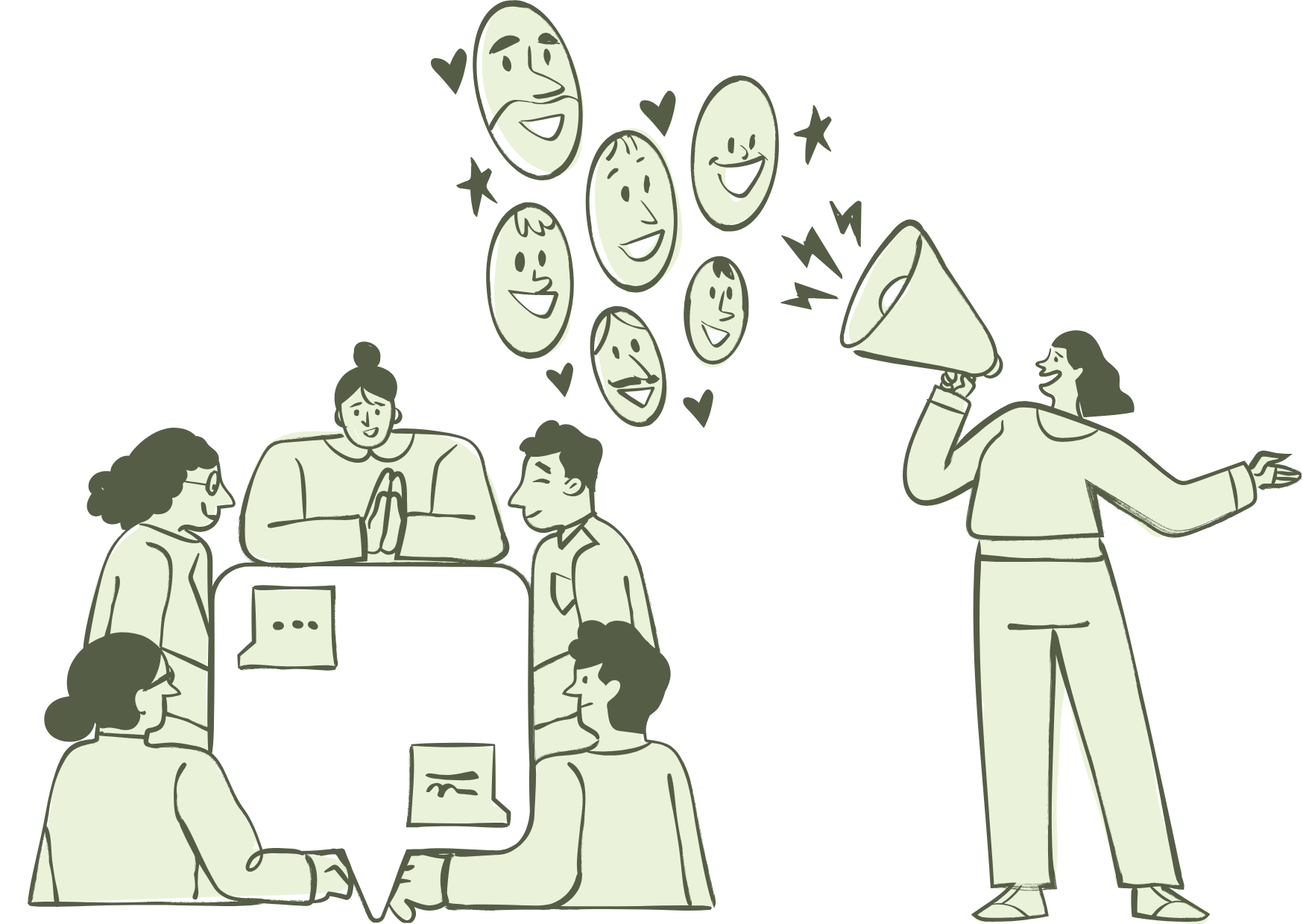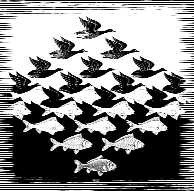Was wir kollektiv tun können // What we can do collectively
[lang:de]
Was ihr als Gruppe tun könnt
- Nehmt euch Zeit, um darüber zu reden, was passiert ist. Es ist üblich, in einer Runde allen, die dabei waren, Raum zu geben um zu erzählen, wo sie waren, was sie gemacht haben, welche Sinneseindrücke sie hatten (sehen/hören etc) und was sie dabei gefühlt/gedacht haben (wenn sie darüber reden möchten). So kann das Gehirn die Geschichte im Kopf vervollständigen und besser verstehen.
- Gute Therapeut*innen können helfen. Mit einem gebrochenen Bein gehst du ja auch zum Arzt... Ein Trauma ist nichts anderes als eine psychische Wunde. Ihr könnt bei der Suche behilflich sein. Der/die Therapeut*in sollte aber Erfahrung mit Trauma-Arbeit haben. sonst bringt es nicht viel. (Tipps unter: https://trauma-informations-zentrum.de)
Vergesst nicht: Nicht nur verwundete Menschen brauchen Unterstützung und auch UnterstützerInnen brauchen eine Schulter zum Anlehnen!
Innerhalb der politischen Bewegungen
Es ist wichtig, dass wir uns mehr darüber bewusst werden, wie sich Erfahrung mit Brutalität auf uns auswirken. Die Repression liegt in ihrer Hand, aber in unserer Hand liegt es, wie wir mit den Folgen umgehen.
Viel zu oft wird Trauma noch als persönliche Schwäche ausgelegt und nicht ausreichend Unterstützung gegeben. In diesem Hinblick muss sich unsere Kultur grundlegend ändern, um eine Basis zu schaffen, auf der Umgang mit Angst und den emotionalen Folgen von Repression und anderen Traumata kein Tabu mehr ist und in unseren Gruppen thematisiert wird und werden darf.
[lang:de]en]
What you can do as a group
- If you’ve all been involved in a traumatic experience, take time to talk together about what happened. Groups often go round, taking turns to give everybody the space to talk about what happened, where they were, what they saw and heard, what they felt and what thought, if they want to. Participation is voluntary and it is more useful if people have the same level of trauma; if no bystanders could become even more traumatised.
- You can also work collectively with a therapist.
Remember: a supporter needs support, too. Supporting a supporter is essential.
Inside our political movements
It is vital to us that we are aware of how brutality affects us emotionally. Repression is in other’s hands, but we have the power to deal with its effect on us. Repression will be less effective if our mutual support is strong.
Far too often, post-traumatic stress is still thought of as personal weakness.
Often the support is not sufficient. It is essential that our whole culture changes its attitude towards this. What we can do within our groups is to create the foundations of a culture where talking about fear and emotional consequences of repression and other trauma is not taboo, or seen as weak or “uncool”.
Support structures
Groups providing trauma support are now appearing in many countries - e.g. in Germany, UK, Netherlands, Israel, USA. We hope that in the future there will be an international network of trauma support structures similar to the Streetmedic network. Our work currently consists mainly in stress prevention, education and information as well as providing emotional first aid, recovery spaces and help-lines at larger events plus some long-term support.
Note that this Resource is quite old - so is this quote - you can find more up to date information in the Description of this Chapter.


